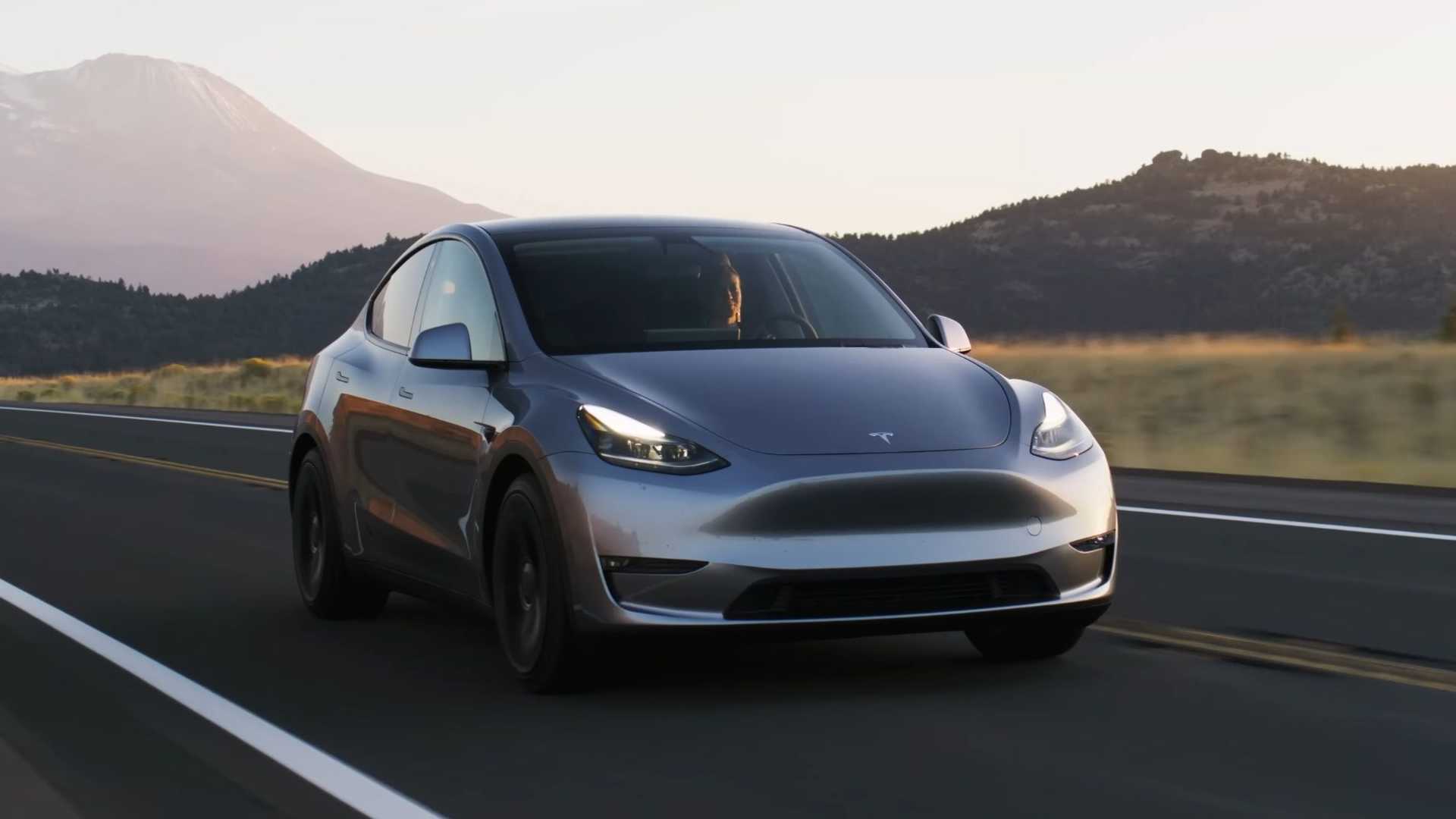
Tesla remains the dominant EV maker in California, its former home state, but the company's market share continues to shrink as competitors improve their offerings.
From January to September, Tesla controlled 73 percent of the battery electric market in California, the lowest level since 2018, according to new vehicle registration data from the California Energy Commission. Tesla's market share in California has reached the lowest level since 2018; the carmaker had a 75 percent share in 2021 and 79 percent in 2020.
Now, it's worth noting that Tesla actually sold more electric vehicles in California in the first three quarters of 2022—more than 150,000—than during the same period a year ago. That said, the market share decline can be attributed to rivals increasing sales of newer models, most notably Hyundai Motor Group.
According to Reuters' calculations based on government data from January to September, Tesla's sales in California accounted for 15 percent of the EV maker's global deliveries last year.
Gallery: 2022 Tesla Model 3







Home to its first factory, California is the biggest US market for zero emission vehicles, which also include hydrogen fuel cell and plug-in hybrid-electric vehicles. Sales of zero emission vehicles, the majority of which are fully-electric, represented 18 percent of total new car sales in California so far this year.
Besides dominating EV sales, the carmaker also topped brand consideration in California, where 53 percent of potential electric vehicle buyers considered Tesla this year, according to a study by California auto consultancy AutoPacific. Mind you, Tesla's brand consideration score is also down from the previous survey last year that found it at 58 percent.
Reuters cites the president of AutoPacific, Ed Kim, as saying that Tesla market share is reaching a saturation point in California, and that he expects competitors to continue to take away market share. At the same time, he also expects Tesla sales will continue growing.
Some analysts believe that Tesla CEO Elon Musk's recent acquisition of Twitter has sparked concerns about the EV brand, especially in liberal states like California. For example, Guidehouse Insights analyst Sam Abuelsamid said the Twitter deal could have discouraged some potential Tesla buyers who had previously supported Musk and his clean energy mission.
It's probably too early to say if that is really a factor, considering that Elon Musk only last month completed the acquisition of Twitter, after a first bid in April 2022.







